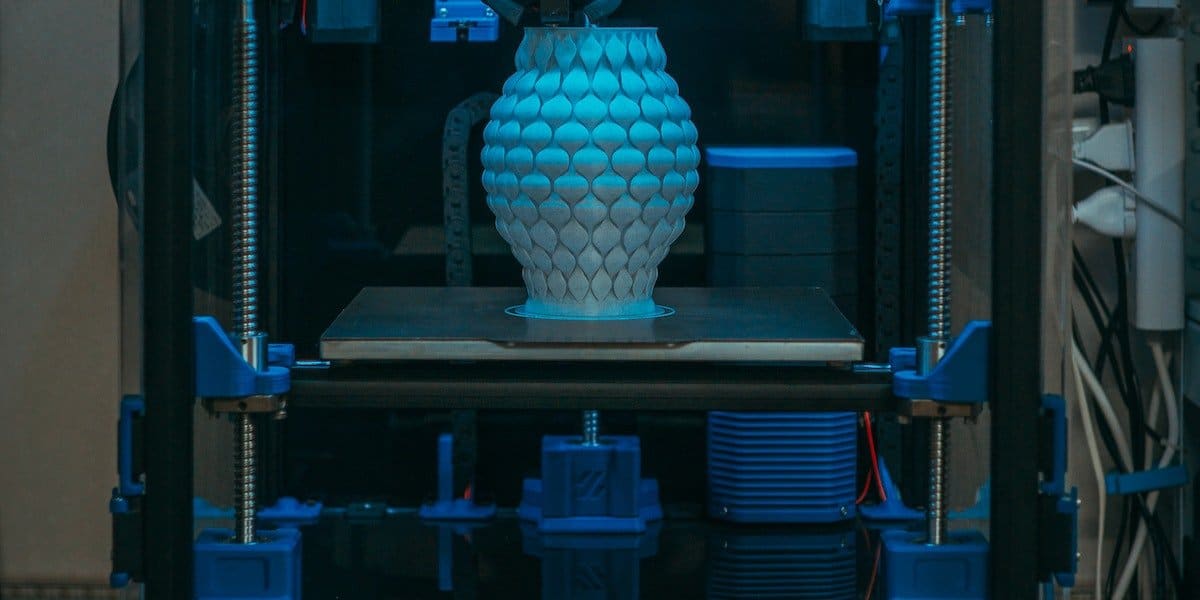The advancement of technology has revolutionized the way we live and work. With the launch of 5G, the fifth-generation wireless technology, the world is about to witness a significant shift in the way we communicate, operate, and interact with the internet. This article explores the future of 5G technology and its potential impact on various industries and society. 5G is set to transform the way we use technology, opening up new opportunities for businesses, industries, and individuals.
Understanding 5G Technology
5G technology is a wireless communication system that uses higher frequency bands than its predecessor, 4G. It offers faster data transfer speeds, lower latency, and greater network capacity, making it ideal for powering the Internet of Things (IoT) and other emerging technologies such as augmented reality and virtual reality. The technology is also expected to drive the growth of smart cities, connected cars, and autonomous vehicles.
The main difference between 5G and previous generations of wireless technology is its ability to handle multiple devices simultaneously. With 5G, networks will be able to connect a vast number of devices without losing speed or experiencing network congestion. This feature will be particularly useful for businesses and industries that rely heavily on the internet, such as healthcare, education, and finance.
The Benefits of 5G Technology
5G technology has the potential to change the world in many ways. One of the biggest benefits of 5G is its ability to provide faster data transfer speeds, which will make it possible to download and upload large files in a matter of seconds. This feature will be particularly useful for businesses and individuals who rely on high-speed internet to conduct their operations.
The ability of 5G technology to reduce latency is yet another advantage. Latency is the delay that occurs when data is transferred between devices, and it can be a significant problem for applications that require real-time data, such as online gaming and video conferencing. With 5G, latency will be significantly reduced, making it possible to use these applications without experiencing any lag or delay.
5G technology is also expected to drive the growth of IoT devices. With its greater network capacity, 5G will be able to support a vast number of connected devices, making it possible to create smart cities and connected homes. This will lead to more efficient use of resources, reduced energy consumption, and improved quality of life for individuals.
Challenges of 5G Technology
While 5G technology offers many benefits, there are also several challenges that need to be addressed. The expense of putting the technology into use is one of the biggest obstacles. Building 5G networks requires significant investment, and many countries and regions are still in the process of upgrading their existing infrastructure to support 5G.
One more test is the potential wellbeing gambles related to 5G innovation. Some studies have suggested that exposure to high-frequency electromagnetic radiation, such as that used by 5G networks, could be harmful to human health. However, the World Health Organization (WHO) has stated that there is no evidence to support this claim and that 5G technology is safe.
Conclusion
In conclusion, 5G technology is set to revolutionize the way we use technology, opening up new opportunities for businesses, industries, and individuals. With its faster data transfer speeds, lower latency, and greater network capacity.
The Future of 5G Technology
Best Articles
Read about 5G Technology















